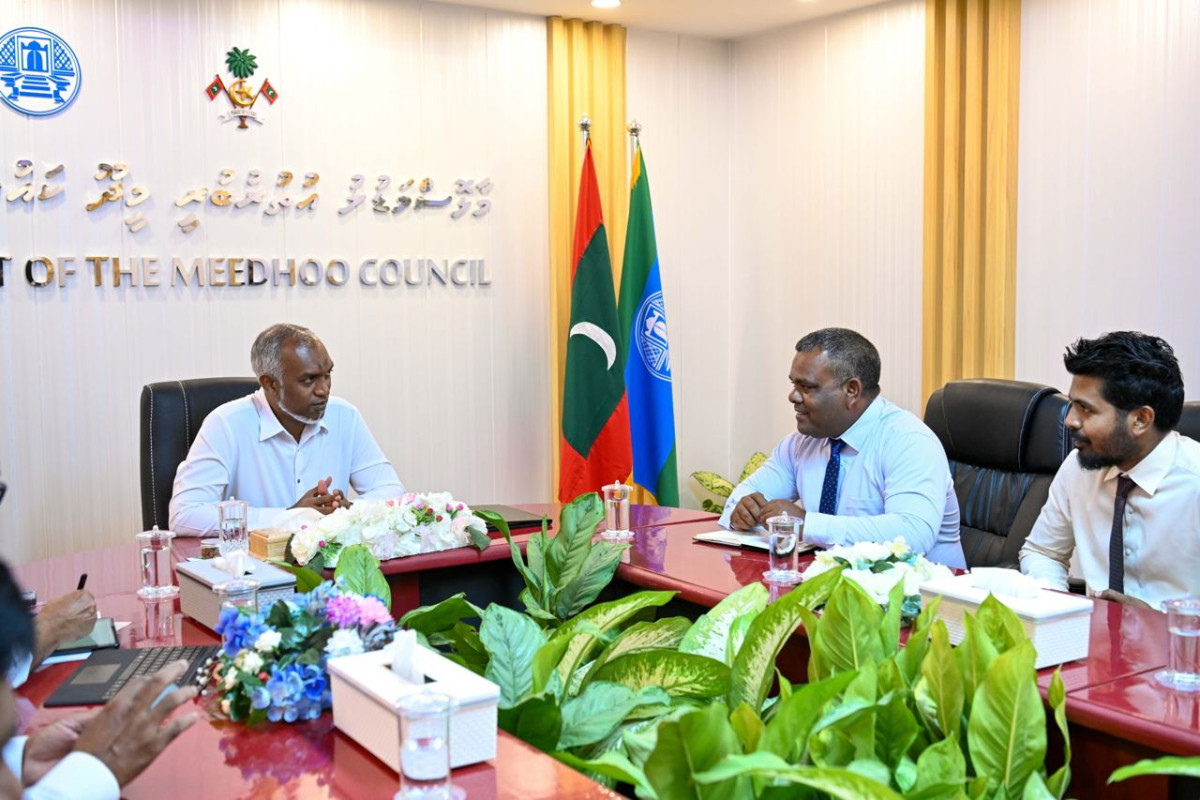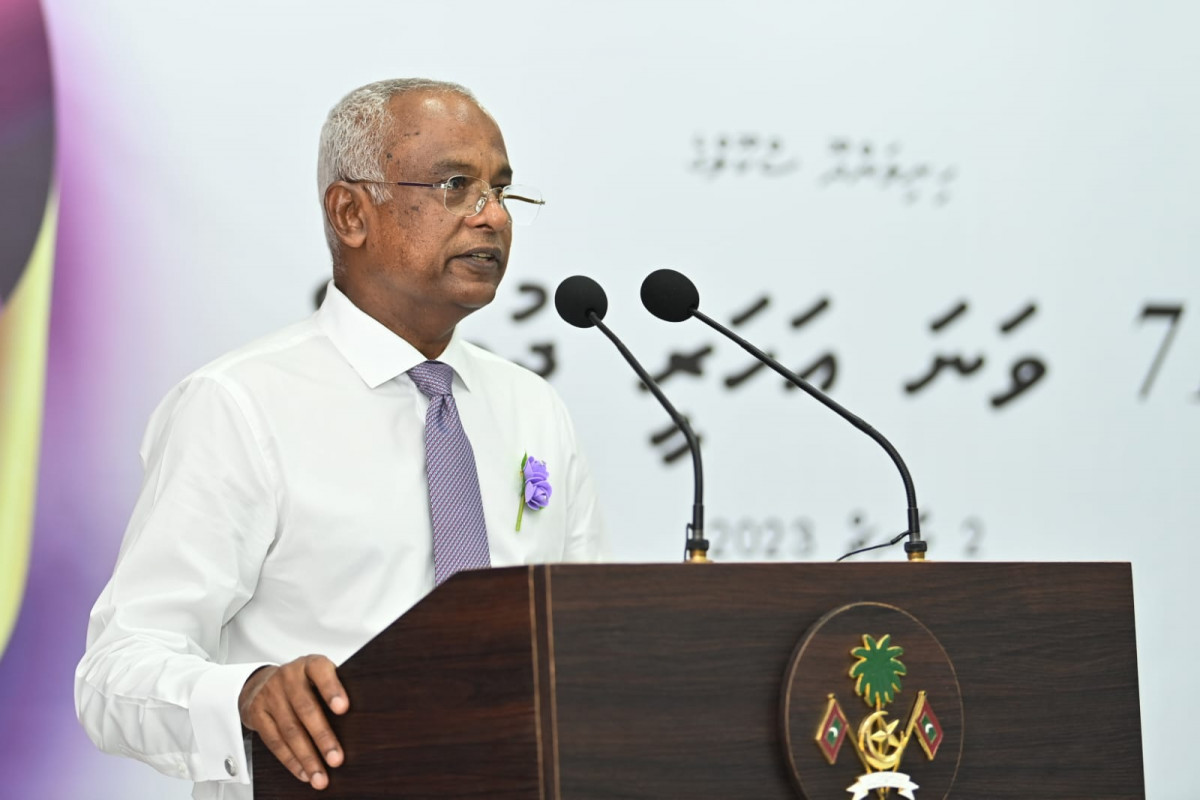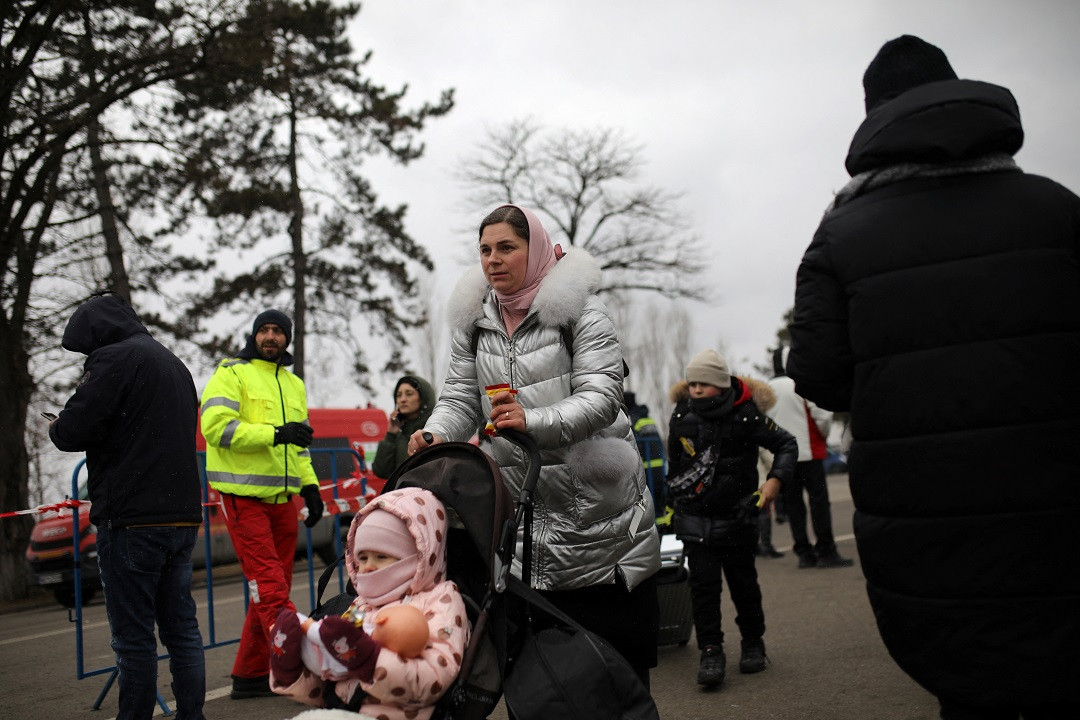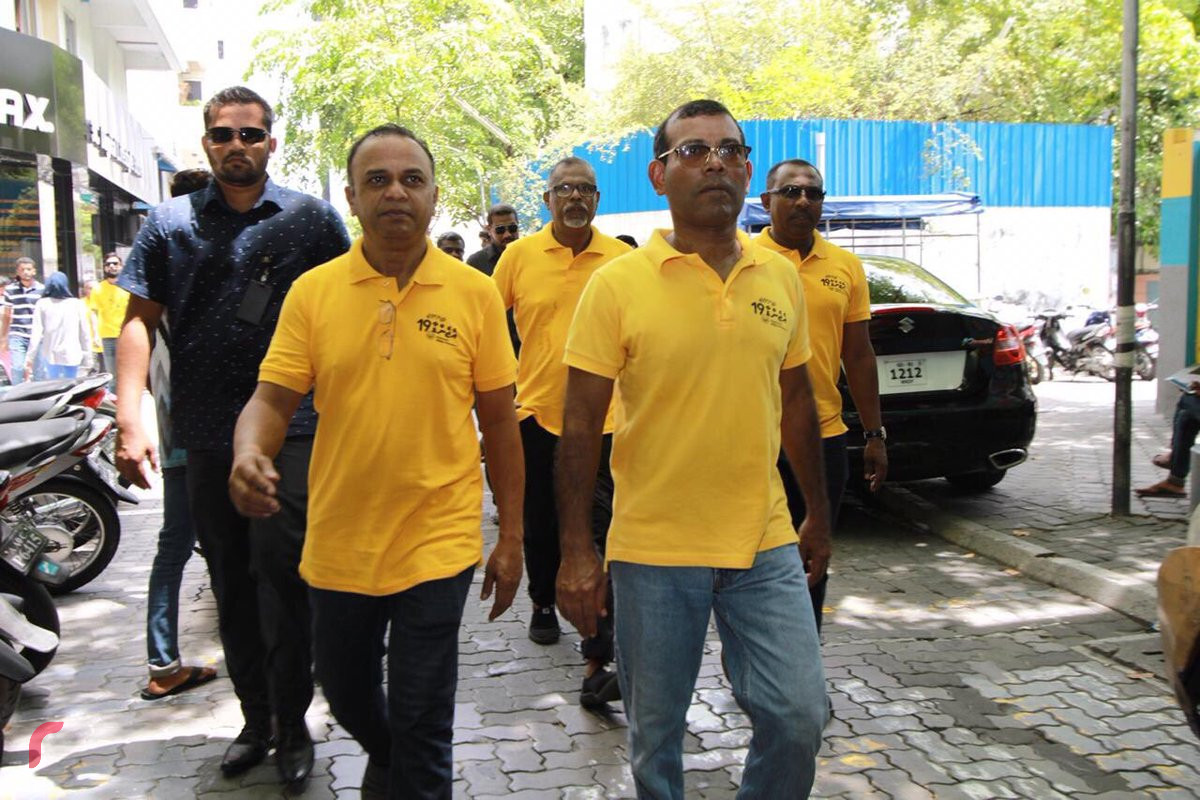"Input and guidance of women are essential in climate action, land restoration and mitigation"
PGA Shahid congratulated the caucus on the adoption of the declaration that aims to shore-up support and concrete actions on gender equality

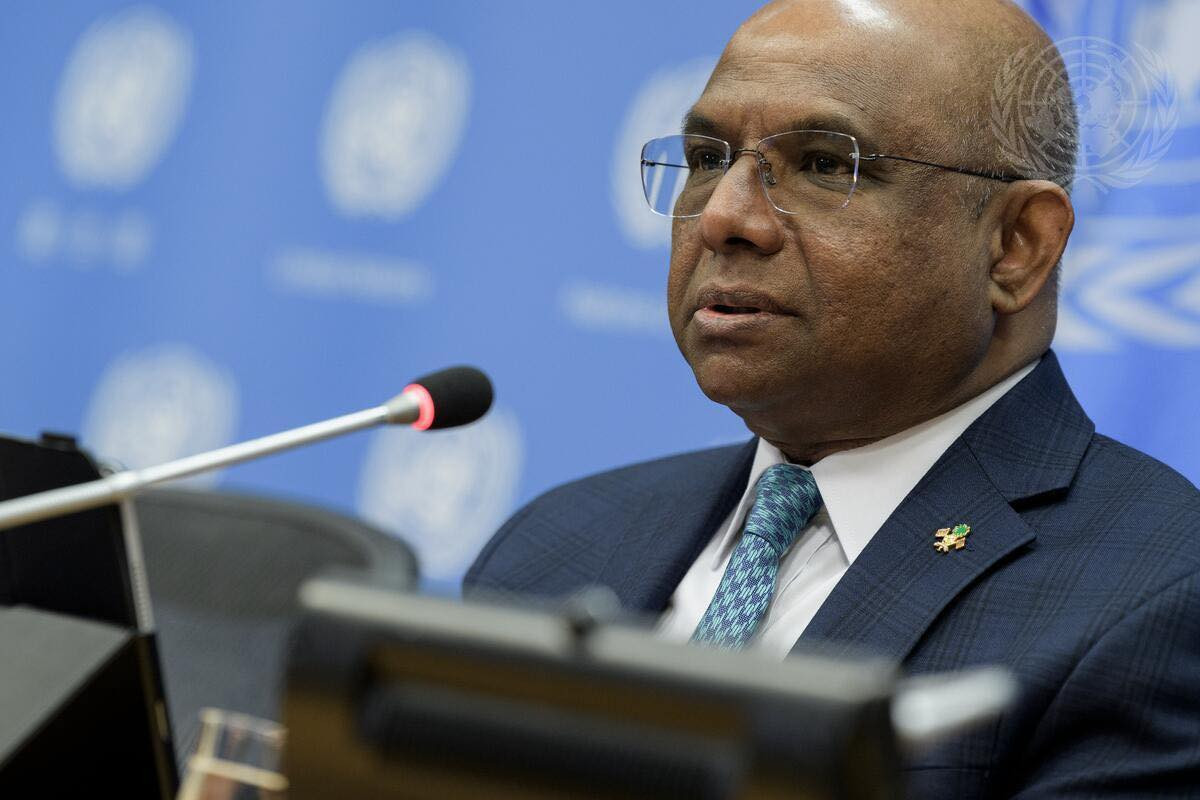
Abdulla Shahid, President of the 76th session of the United Nations General Assembly (UNGA)
Abdulla Shahid, President of the 76th session of the United Nations General Assembly (UNGA) has stated that the guidance and knowledge of women are “essential” in climate action as well as land restoration and mitigation.
He said this in his remarks at the Gender Caucus High Level Event “In pursuit of gender equality for strong land stewardship” at the sidelines of the 15th COP on UNCCD on Monday.
As such, the PGA stated that the second edition of the ‘Global Land Outlook’ released in April presented a “stark reminder” that 40 percent of land has degraded, directly affecting half of humanity.
Stressing that 95 percent of the earth’s land will be lost by 2050 if these current trends are not reversed, PGA Shahid stated that the planet and its people can “no longer” live in the delusion that land degradation is a far-distant scenario, as it in happening and unfolding in “our very own backyard”.
With this being said, he noted that women far too often bear the brunt of the impacts and shed light on the role women have in providing food and water in developing countries where land degradation is more pronounced.
PGA Shahid noted that women are disproportionately affected when land is degraded and becomes scarce given their substantial role in agriculture and food production.
Stressing on land ownership which PGA Shahid described to be adding to the problem, he noted that while no systematic global data exists, preliminary estimates suggest that women account for less than 20 percent of the world’s landholders and that the planet must acknowledge that when women do not legally own their land, or where customs and practices prevent their ownership of land, they are not recognized as farmers or “value-chain” actors.
PGA Shahid stressed that this “gender-bias” approach prevents women from having access to extension services and inputs available to bona fide farmers, a majority of which are men.
Further, women are unable to increase land productivity and yields or invest in sustainable land management without access to new agricultural technology and agricultural supportive systems, he said, noting that this is a failure of the society and also a clear violation of human rights.
This made clear, PGA Shahid stated that delay is “too costly”, for humanity, for prosperity and even for the planet.
With this being brought under the spotlight, the PGA stated that the caucus proved to be a significant platform to translate the bold commitments of the Gender Action Plan (GAP) into gender-responsive and impactful actions on the ground.
PGA Shahid went on to note that the gender equality gap will not be closed if the inequalities are not adequately measured, highlighting that women remain “untapped” resources, whose inputs, knowledge and guidance are essential in climate action as well as land restoration and mitigation.
The PGA urged the people to provide avenues and support measures including laws that will protect the right of access to land ownership during the whole life cycle and ensure equal hereditary rights for women and girls.
In his remarks, the Maldivian foreign minister also congratulated the caucus on the adoption of the declaration that aims to shore-up support and concrete actions on gender equality for effective land stewardship and urged the people to continue working together with gender equality as an explicit and non-negotiable objective for sustainable development.

